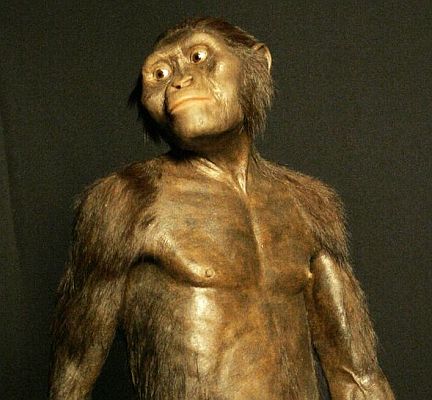By Pallab Ghosh
Science correspondent, BBC News
28 August 2019
Researchers have discovered a nearly complete 3.8-million-year-old skull of an early ape-like human ancestor in Ethiopia.
An analysis of the new specimen challenges ideas about how the first humans evolved from ape-like ancestors.
The current view that an ape named Lucy was among a species that gave rise to the first early humans may have to be reconsidered.
The discovery is reported in the journal Nature.
The skull was found by Prof Yohannes Haile-Selassie at a place called Miro Dora, which is in the Mille District of Ethiopia's Afar Regional State.
The scientist, who's affiliated to the Cleveland Museum of Natural History in Ohio, US, said he immediately recognised the significance of the fossil.
"I thought to myself, 'oh my goodness - am I seeing what I think I am seeing?'. And all of a sudden I was jumping up and down and that was when I realised that this was what I had dreamt," he told BBC News.
More:
https://www.bbc.com/news/science-environment-49486980
